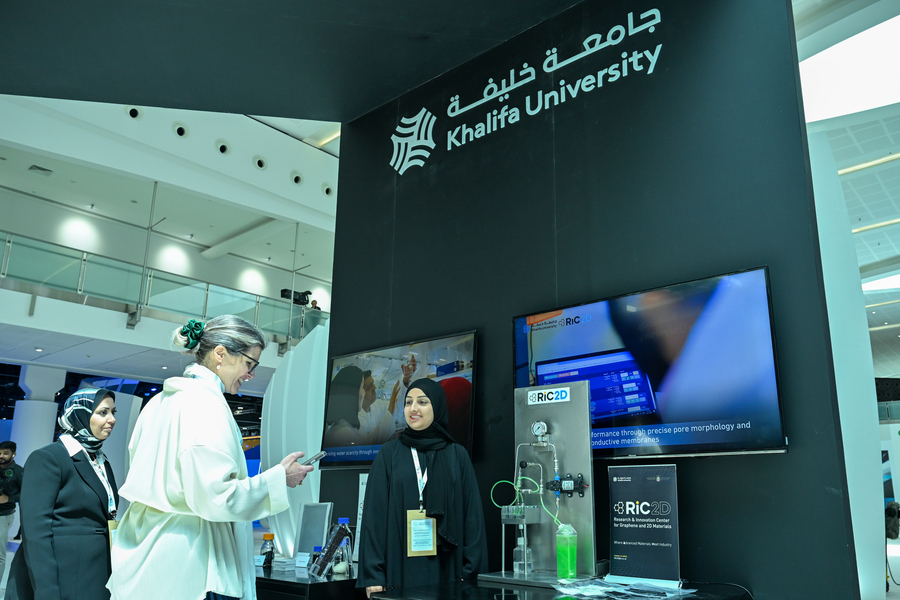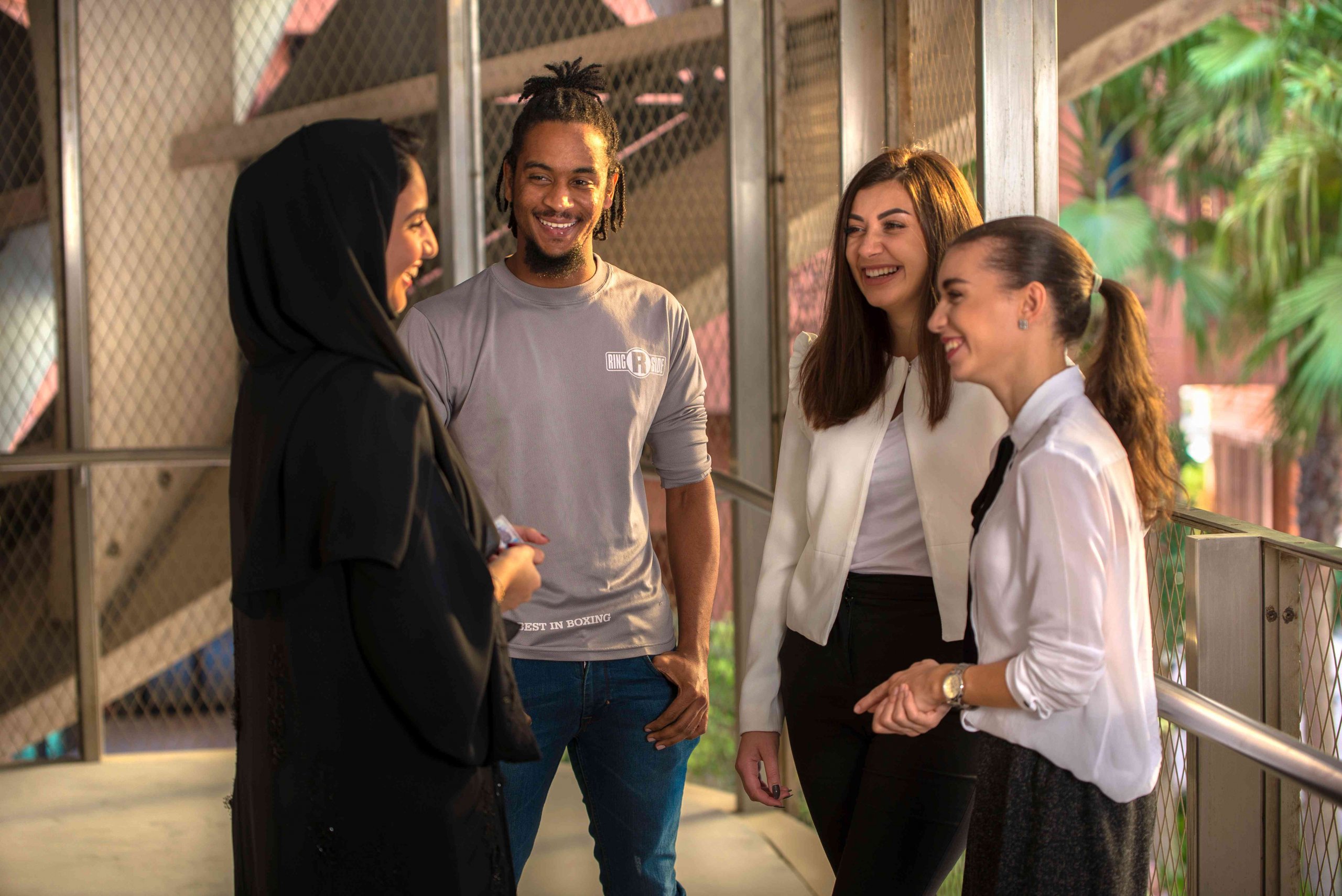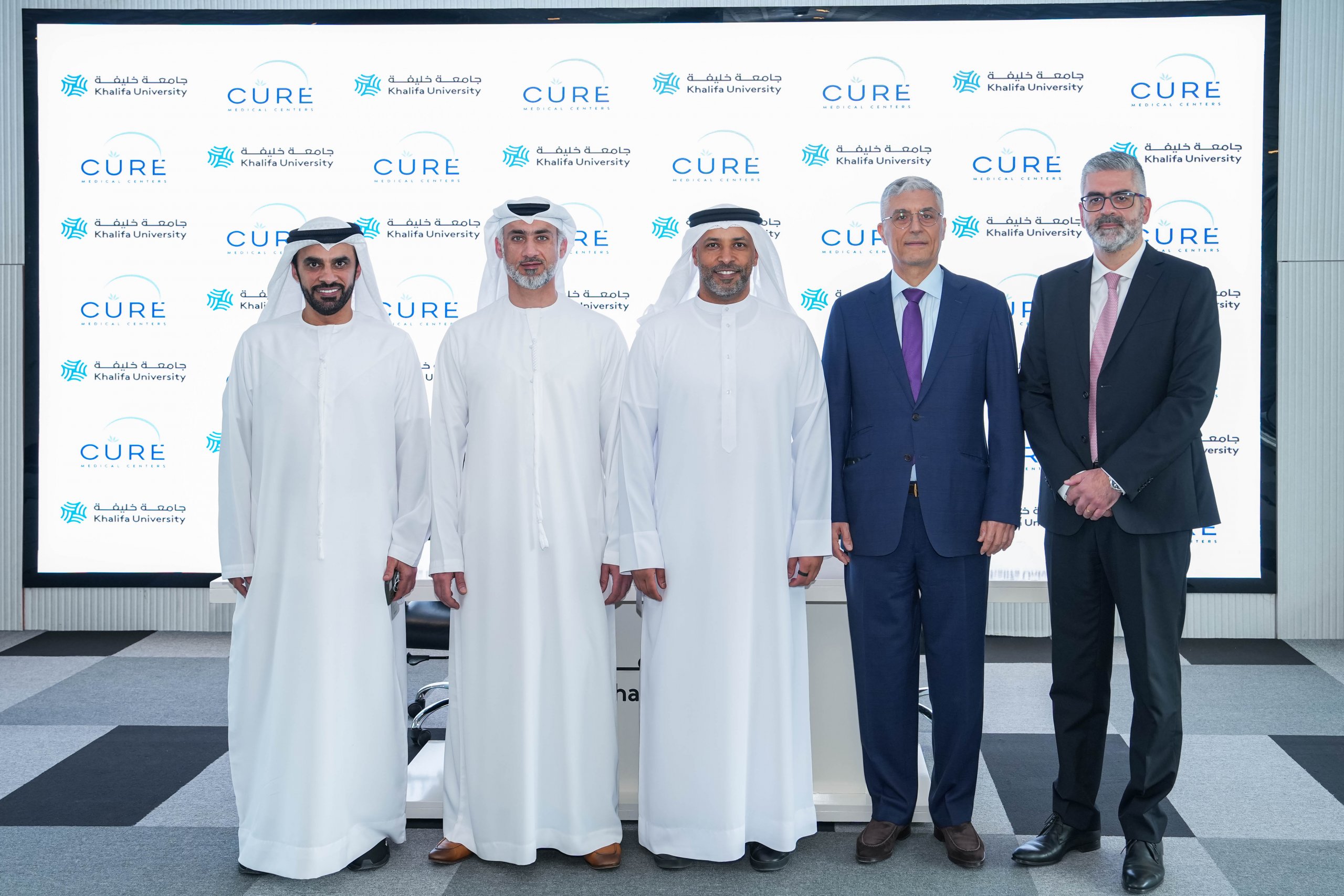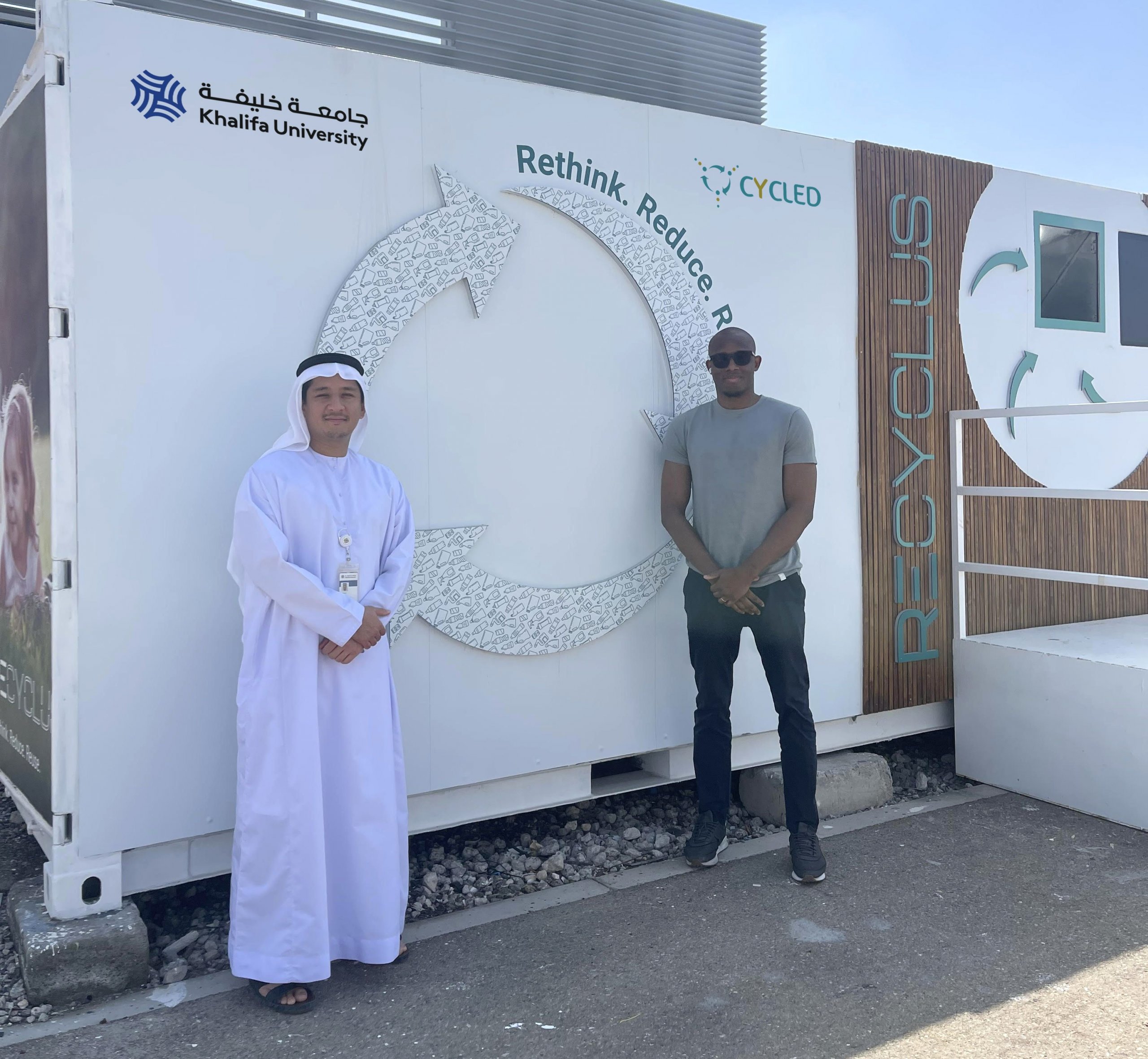Masdar Institute of Science and Technology, an independent, research-driven graduate-level university focused on advanced energy and sustainable technologies, will continue to seek collaborations with global industry leaders to contribute to innovation and shape the future energy landscape, according to Dr Steve Griffiths, Executive Director of Institute Initiatives.
 Dr Griffiths was offering a presentation during the panel discussions on ‘Masdar Institute’s Role in Shaping the Future Energy Landscape’ at the Rio+20 Summit in Rio de Janeiro, Brazil. Organized by the UN Conference on Sustainable Development, the three-day Summit opened on 20 June. More than 50,000 representatives from governments, companies and environmental and lobby groups have convened to set new goals across seven core themes including food security, water and energy at the summit.
Dr Griffiths was offering a presentation during the panel discussions on ‘Masdar Institute’s Role in Shaping the Future Energy Landscape’ at the Rio+20 Summit in Rio de Janeiro, Brazil. Organized by the UN Conference on Sustainable Development, the three-day Summit opened on 20 June. More than 50,000 representatives from governments, companies and environmental and lobby groups have convened to set new goals across seven core themes including food security, water and energy at the summit.
Masdar Institute currently has existing partnerships with global industry majors for research in sustainable biofuels for aviation, smart grids and smart buildings (SGSB), and carbon capture and storage (CSS), photovoltaics, microelectronics, industrial efficiency, and other technology domains.
The highlight of Masdar Institute’s collaboration project at Rio+20 Summit is the Global Solar and Wind Atlas, developed in partnership with various international and government organizations. The UAE Ministry of Foreign Affairs has taken a leading role in initiating the Global Atlas Project in the UAE on behalf of the International Renewable Energy Agency (IRENA). Other local stakeholders include the Dubai Supreme Council of Energy, the Environment Agency-Abu Dhabi (EAD), UAE National Center of Meteorology and Seismology (NCMS) and Masdar Power.
International partners for the Atlas project include the Energy Research Centre (ERC) of the UK, ParisTech (France), the National Renewable Energy Laboratory NREL of the US, and the Energy Sector Management Assistance Program (ESMAP) of the World Bank.
Masdar Institute’s Research Center for Renewable Energy Mapping and Assessment has developed the unique resource for obtaining and disseminating mapping information for renewable energy in the UAE and globally. It has also pledged to develop the architecture of the global atlas, and host and maintain the atlas servers at the campus.
Dr Griffiths said: “The recipe for developing the future energy mix includes advancements to make renewable energy sources predictable, dispatchable, and available where needed. Also required is basic and applied research in science and engineering to improve existing technologies and uncover breakthroughs that change the technological landscape. The wide spectrum of our partnerships, including the Global Solar and Wind Atlas project, address these key issues and position Masdar Institute among the leading institutions focused on advancing the clean energy and advanced technology sectors. Masdar Institute’s high-caliber faculty serves as the driving force, facilitating and guiding student research. The faculty’s academic and research strength enables us to identify and lead research in key energy domains, making Masdar Institute a preferred institution to collaborate with on energy research.”
In addition to the partnerships for the Global Solar and Wind Atlas project, Masdar Institute is partnering with Masdar PV in thin-film photovoltaics research and The Boeing Co, Etihad Airways, Honeywell UOP and Safran on the sustainable biofuels project. The collaboration with Siemens covers an R&D program for Smart Grids, Smart Buildings (SGSB), and Carbon Capture and Storage (CSS) in form of scholarships and R&D funding.
A large-scale research program with Emirates Aluminium (EMAL) marks Masdar Institute’s local partnership to improve the efficiency and overall environmental performance of aluminum production. At the same time, collaboration with Technische Universität (TU) Dresdenin Germany is supported by the Saxony government in Germany and Abu Dhabi’s Advanced Technology Investment Company (ATIC). The collaboration will establish research labs at TU Dresden and Masdar Institute focusing on three-dimensional chip stacking, a potentially faster and more energy efficient semiconductor technology.
Collaborations with Toyota Motor Corporation and IRENA have set the stage for scholarship programs that will benefit those eligible students who are keen on sustainable development and innovations in renewable energy.
Dr Griffiths added: “Our recent track record in human capital development indicates the extent of our reach in the high-technology industry and clean energy. The entire second batch of Masdar Institute students graduated in May 2012 having successfully defended Master’s degree theses dealing with topics of relevance to Abu Dhabi’s industrial and economic development. This was possible only because of the guidance provided by the faculty, who lead the student’s research efforts.”
Headed by Dr Griffiths, the Office of Institute Initiatives aims to maximize industry, government and academic relationships between Masdar Institute and world-class partners. University partnerships are with founding partner MIT and other universities that bring additional collaborative breadth. The office focuses on building new research partnerships with companies and agencies and then supporting the translation of the research discoveries into new inventions and eventually technological innovations that support industrial and economic development.
Currently, The Office of Institute Initiatives has successfully developed relationships with dozens of external entities leading to more than two dozen sponsored research contracts, 40% of which represent collaboration with local stakeholders. In addition to his role in establishing new external partnerships, Dr. Griffiths oversees the Office of Sponsored Programs, the Technology Transfer Office, and establishment of major research centers.
Established as an on-going collaboration with the Massachusetts Institute of Technology (MIT), Masdar Institute integrates theory and practice to incubate a culture of innovation and entrepreneurship, working to develop the critical thinkers and leaders of tomorrow. With its world-class faculty and top-tier students, the Institute is committed to finding solutions to the challenges of clean energy and climate change through education and research.






